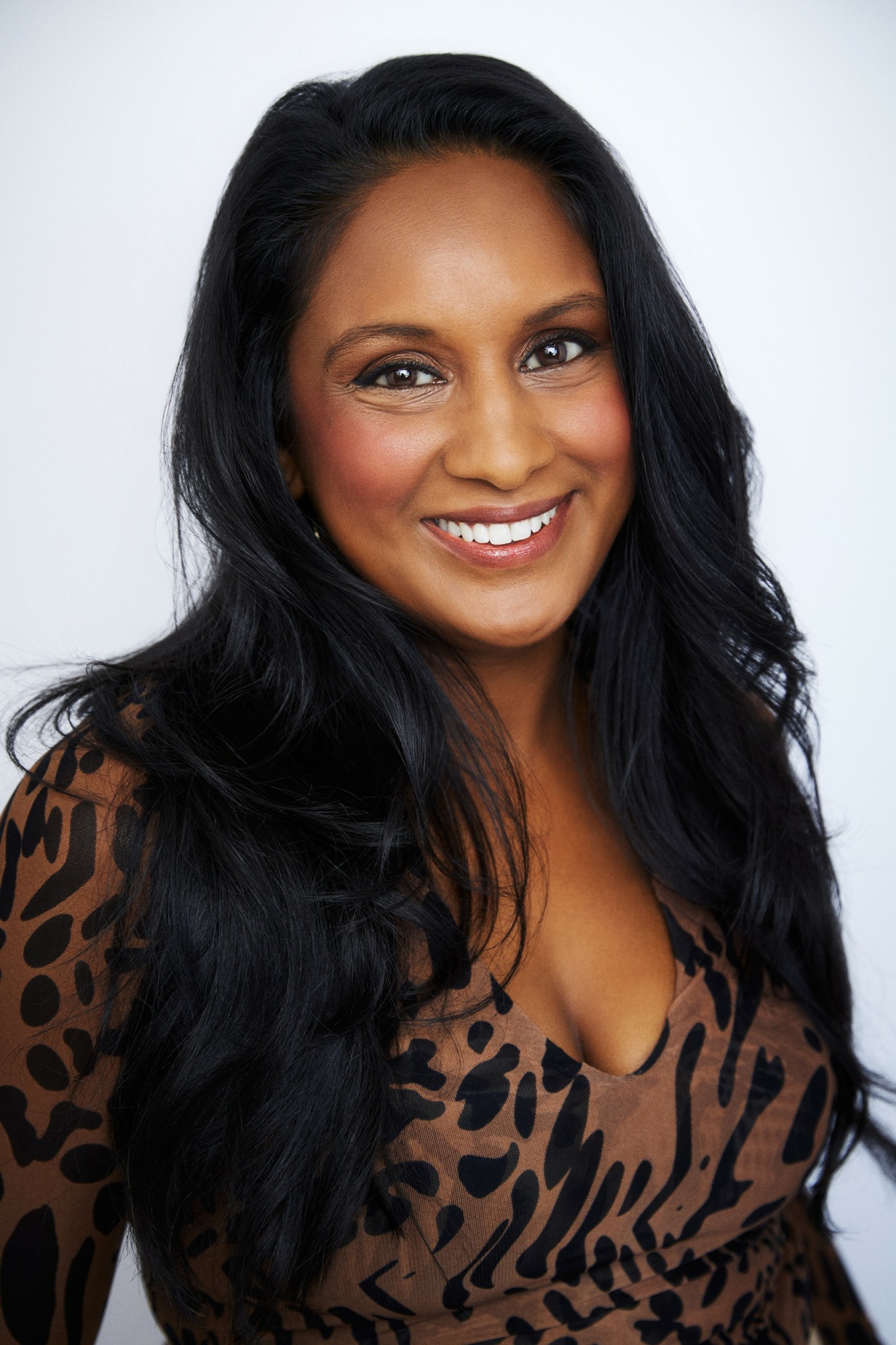We caught up with the brilliant and insightful Keisha Bissram a few weeks ago and have shared our conversation below.
Keisha, thanks for taking the time to share your stories with us today Can you talk to us about a project that’s meant a lot to you?
The most meaningful project I’ve worked on is my short film Black Cake. As an Indo-Caribbean writer—specifically Trinidadian-American—my mission is to bring Indo-Caribbean women to the forefront in film. Growing up, I never saw stories like mine on screen. West Indian families, and especially Indo-Caribbean women, are deeply underrepresented in both the South Asian and Caribbean cultural spaces. That invisibility shaped my creative purpose.
Black Cake was born from the desire to change that narrative. It’s a story about grief, cultural identity, and legacy—following Sherry Sankar, a woman grappling with the loss of her mother and the weight of continuing family traditions while forging her own path. Her journey mirrors the emotional reality of many Indo-Caribbean families who are trying to preserve their heritage in the U.S., even as they navigate generational trauma and change.
This film is deeply personal to me. My own Trinidadian-American upbringing in Staten Island, New York was rooted in the belief that family is everything. But over time, my family’s flaws started to become apparent — often due to circumstances fueled by a lack of hope and possibility within the culture. Black Cake is my way of reclaiming that hope. It challenges the notion that we are meant to live small or stay silent. It’s for anyone who has ever felt their voice was too quiet, their presence too invisible, their dreams too far out of reach.
Creating this film allowed me to explore how grief can be a catalyst—not just for loss, but for transformation. It asks whether we can stay rooted in our culture while choosing ourselves and our future. For me, Black Cake is more than a film—it’s a declaration: that Indo-Caribbean stories matter, and that we are worthy of being seen, heard, and celebrated.
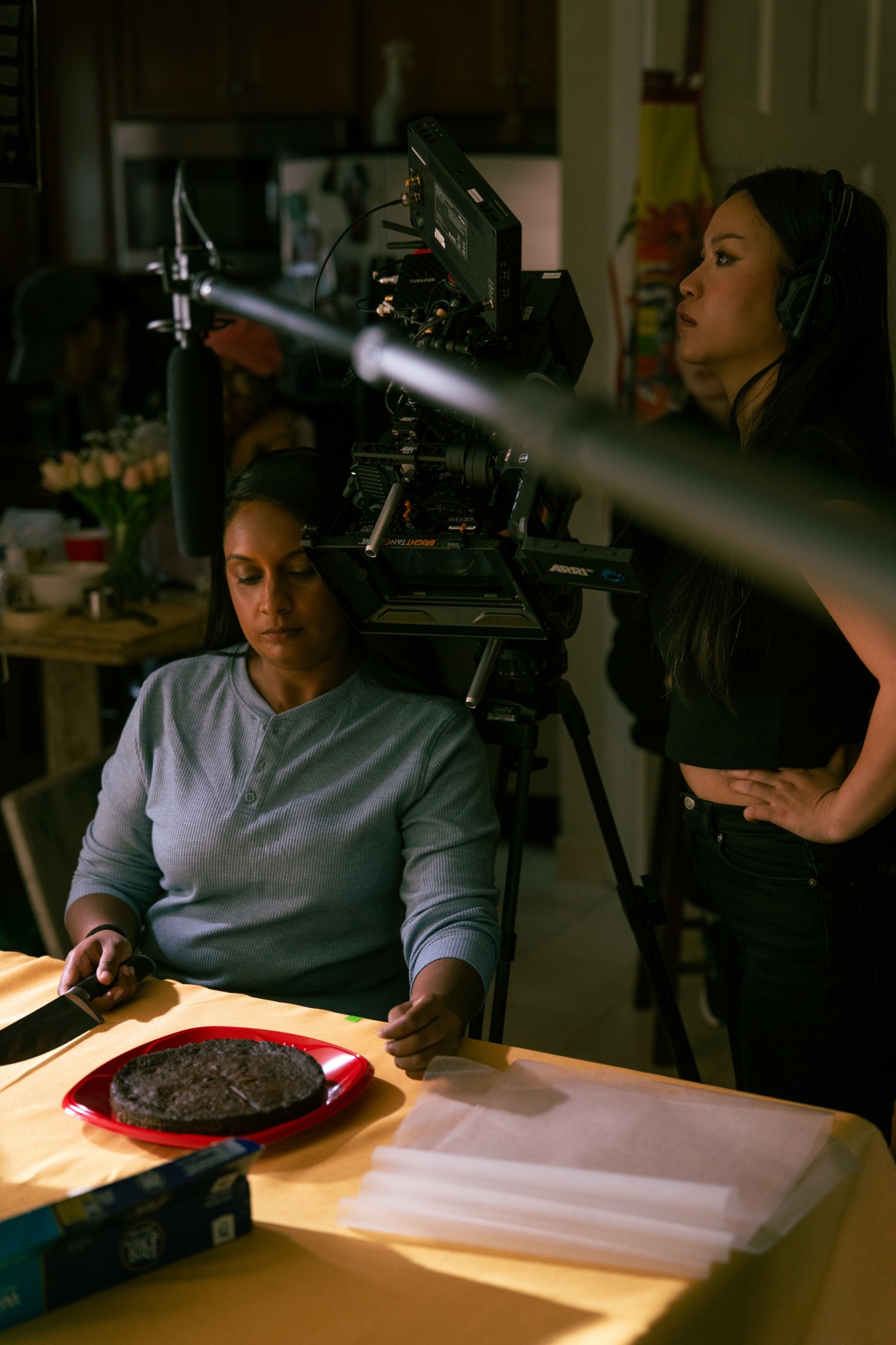
Great, appreciate you sharing that with us. Before we ask you to share more of your insights, can you take a moment to introduce yourself and how you got to where you are today to our readers.
I’m a Trinidadian-American writer, actor, and filmmaker, passionate about centering Indo-Caribbean voices and representation—especially the voices of dark-skinned women who have long been told they don’t belong on stage or screen. I got into acting and writing at 23, which is considered “late” by industry standards (so I’ve been told, however, we know this isn’t a truth). I grew up in a household where survival came before dreams, and creativity wasn’t something we were encouraged to pursue—it was something we quietly buried. For years, I hid the part of myself that longed to tell stories, that wanted to be seen.
There’s a specific kind of invisibility that dark-skinned girls often experience, especially in immigrant families. We are taught—directly or indirectly—that our beauty, our voices, our dreams are too much or not enough. That silence seeps into our identity. My work is about breaking that silence. My projects, including my film Black Cake, are a form of healing—for myself and for others who grew up feeling unseen. Through storytelling, I create space for the inner child who never got permission to speak out loud.
As a multidisciplinary artist, I write and act in stories that spotlight Indo-Caribbean and West Indian experiences, focusing on themes of identity, cultural preservation, family, and healing. I want to tell emotionally honest stories that help people feel less alone and more empowered in their own narratives.
I’m building bridges for people who’ve never seen themselves reflected in mainstream media. My brand is about truth, visibility, and reclamation. I’m most proud of creating art that challenges stereotypes and offers a new vision of what is possible.
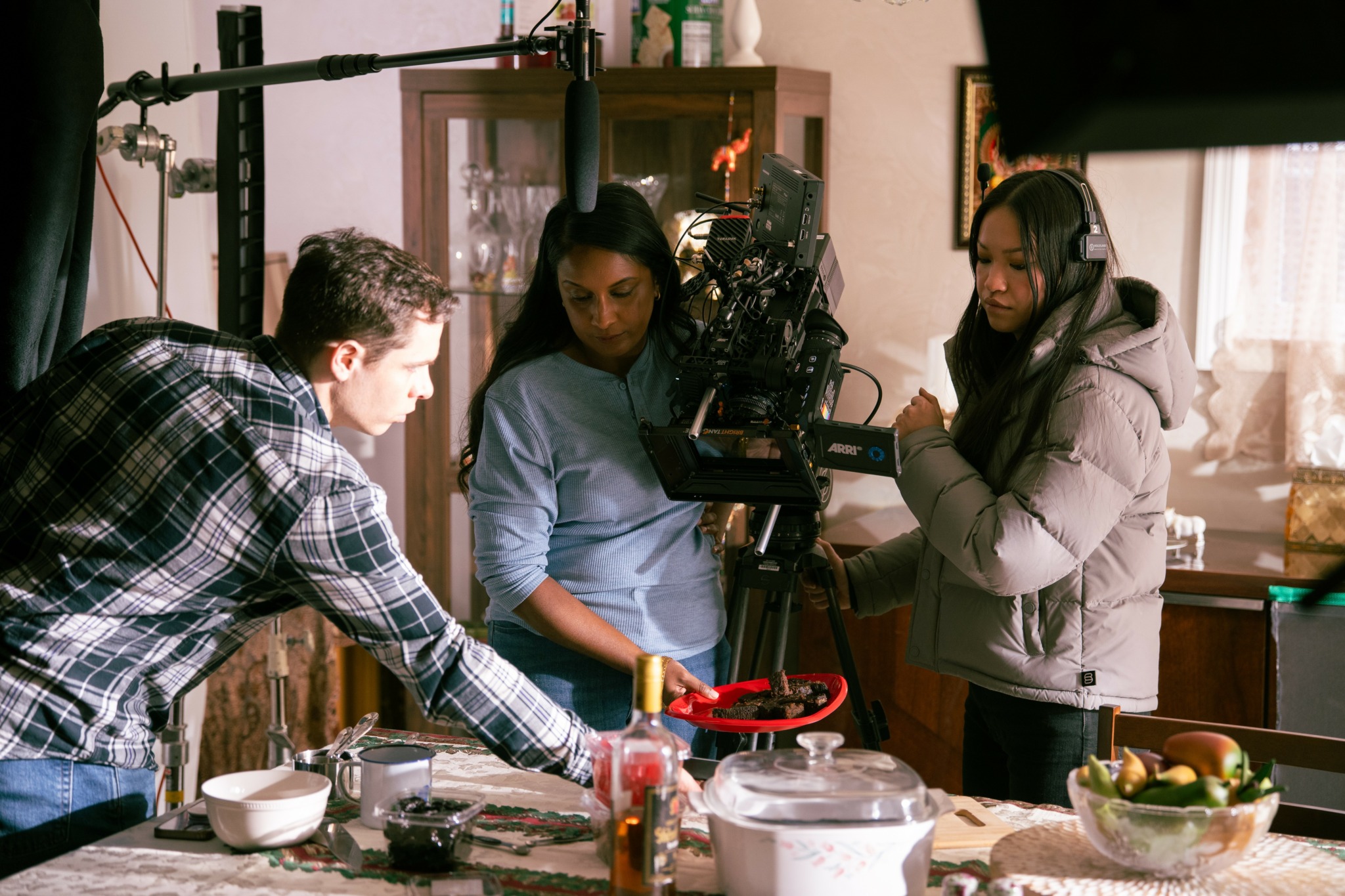
We often hear about learning lessons – but just as important is unlearning lessons. Have you ever had to unlearn a lesson?
I had to unlearn the idea that love and worth are things you earn by making yourself small. For most of my life, I was a people pleaser. I said yes when I wanted to say no. I put other people’s needs and comfort before my own. I didn’t have boundaries because I was afraid that if I stood up for myself, I’d lose the people I cared about.
A lot of that came from growing up in a household—and a culture—where survival came first and emotional health wasn’t talked about. As a dark-skinned girl, I also internalized so many quiet messages that I wasn’t meant to be confident or visible. That loving myself too loudly would be too much.
As I got older, especially when I started writing and acting, I had to really face all of that. I had to ask myself: who am I if I’m not performing for other people’s approval? That wasn’t easy. It meant disappointing people, drawing lines, and letting go of stories I grew up believing. But it also meant finally learning how to love myself—for real. And that has changed everything: how I create, how I move through the world, and what I’m willing to stand for.
To be honest, although I’ve come a long way, the journey of unlearning hasn’t ended.
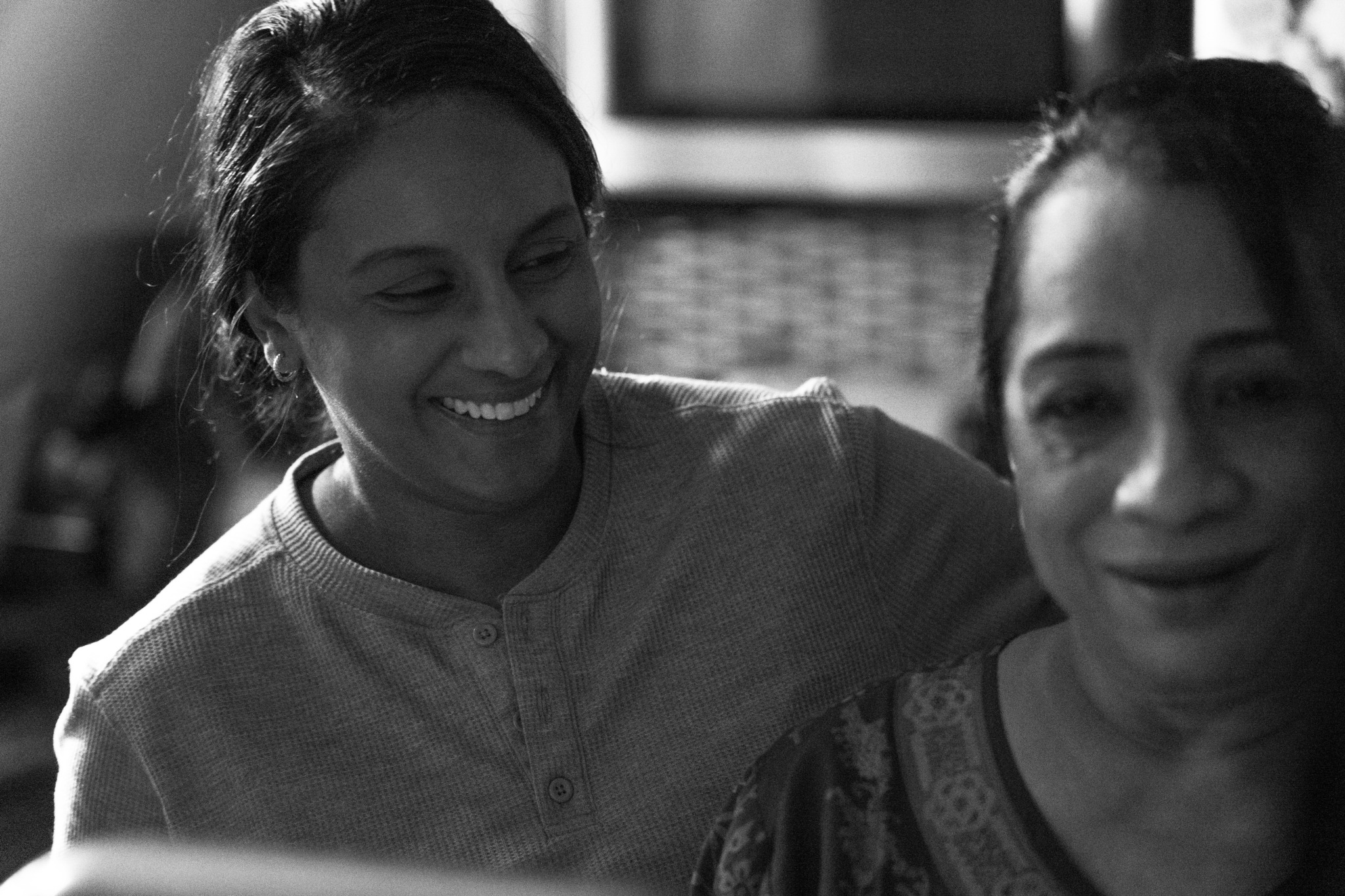
Have any books or other resources had a big impact on you?
Yes!
The Alchemist by Paulo Coelho has been a constant companion in my life. I read it once a year—almost like a reset. It reminds me to trust my own path, even when it’s unclear or slow. I’ve often struggled with self-doubt and feeling like I’m behind, especially since I didn’t start my creative journey as early as others. But this book reminds me that my timing is my own, and that I’m being guided—even when it feels like I’m lost. Every time I come back to it, it teaches me something new about who I am and where I’m going. (I highly recommend everyone to read it once a year!)
Another one that always speaks to me is The Little Prince. It’s quiet, gentle, and simple. It reminds me to stay soft in a world that often makes us feel like we have to be hard. It brings me back to that child inside me—the one who dreamed big before the world told her to shrink.
These books have helped me stay grounded, creative, and honest with myself, especially when the noise of the outside world gets too loud. They remind me that this life I’m building is mine—and it’s my responsibility to protect the magic in it.
Contact Info:
- Website: https://www.keishabissram.com
- Instagram: @keishabissram
- Linkedin: https://www.linkedin.com/in/keisha-bissram-a4621a22b/
- Youtube: https://www.youtube.com/@keishabissram7894
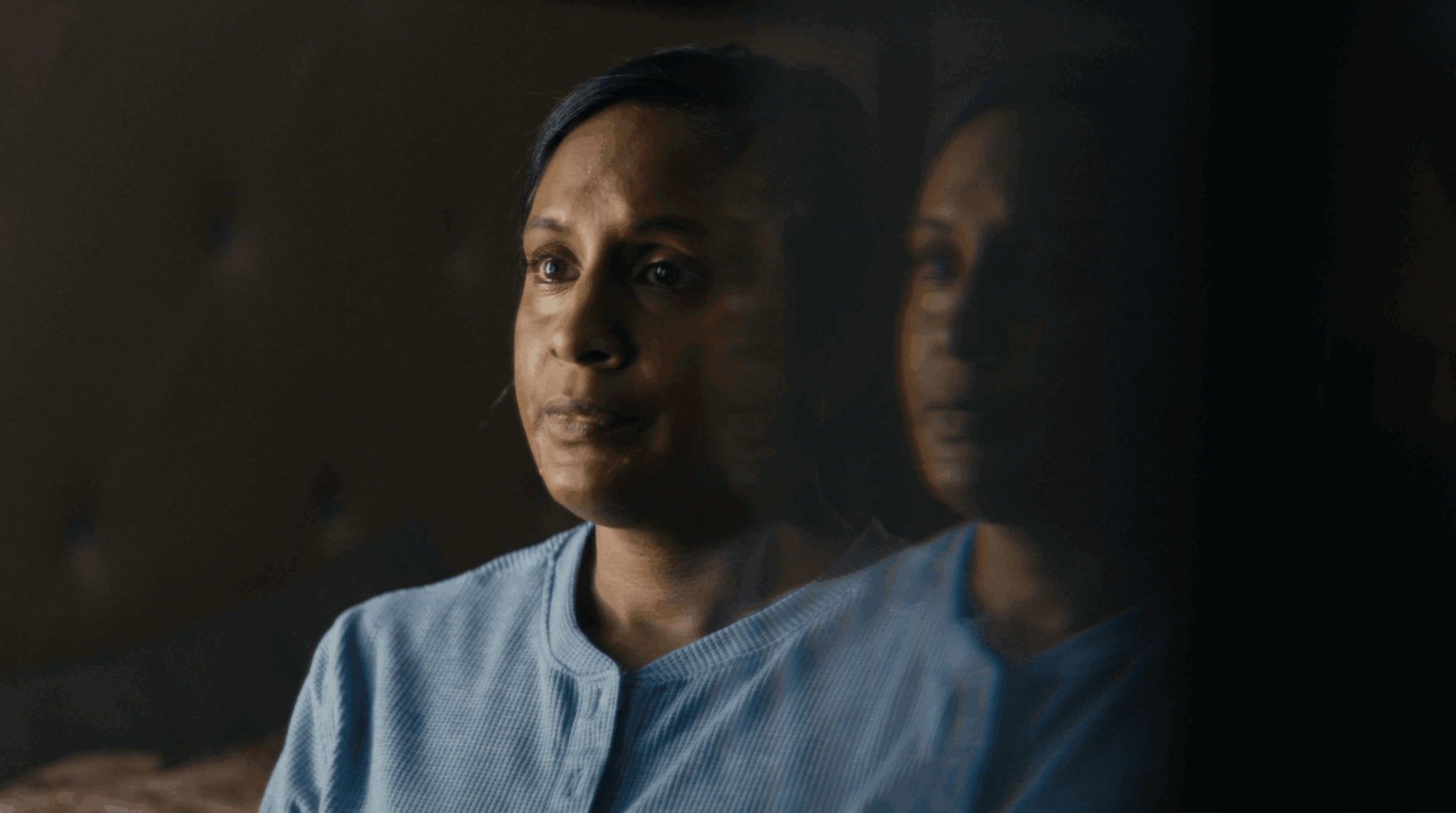
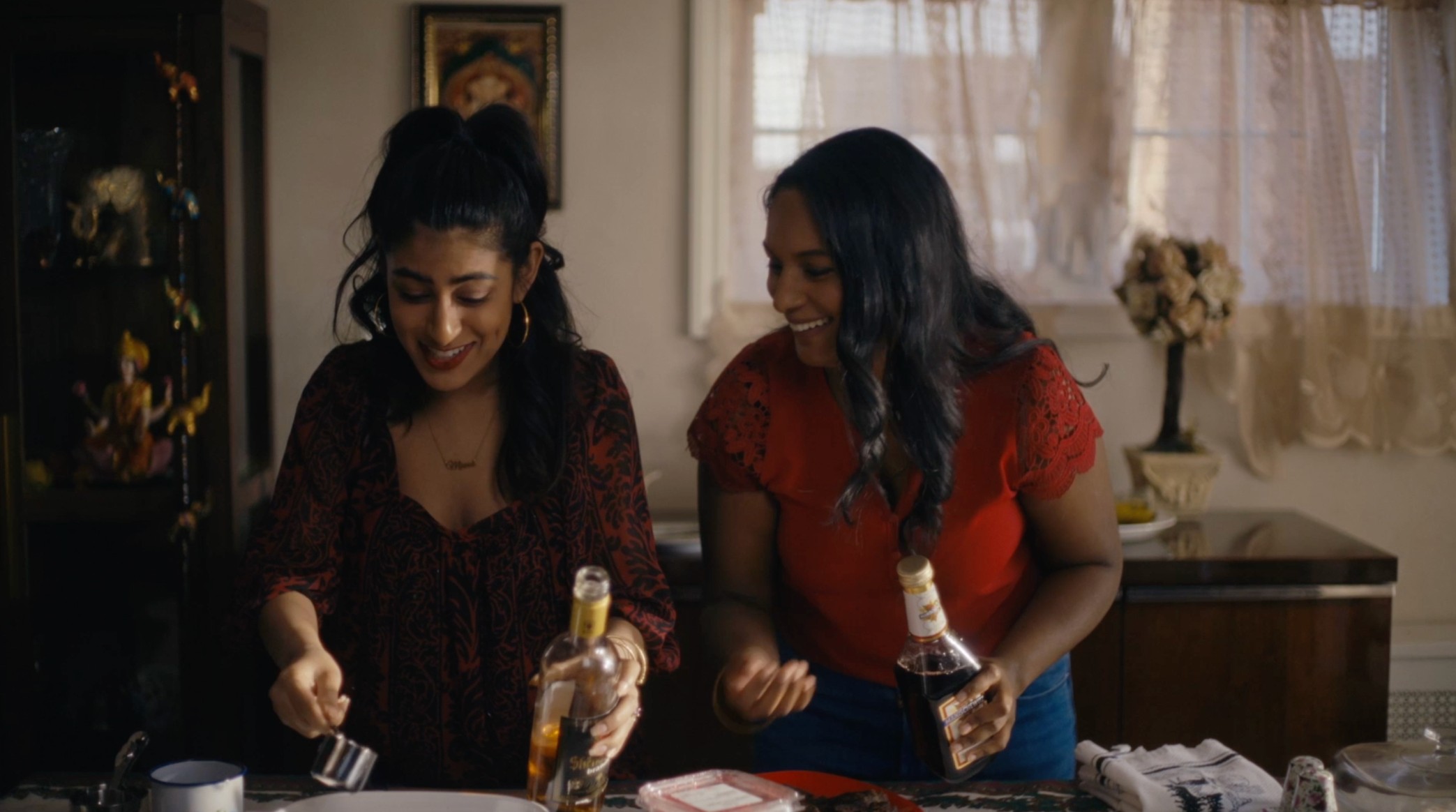
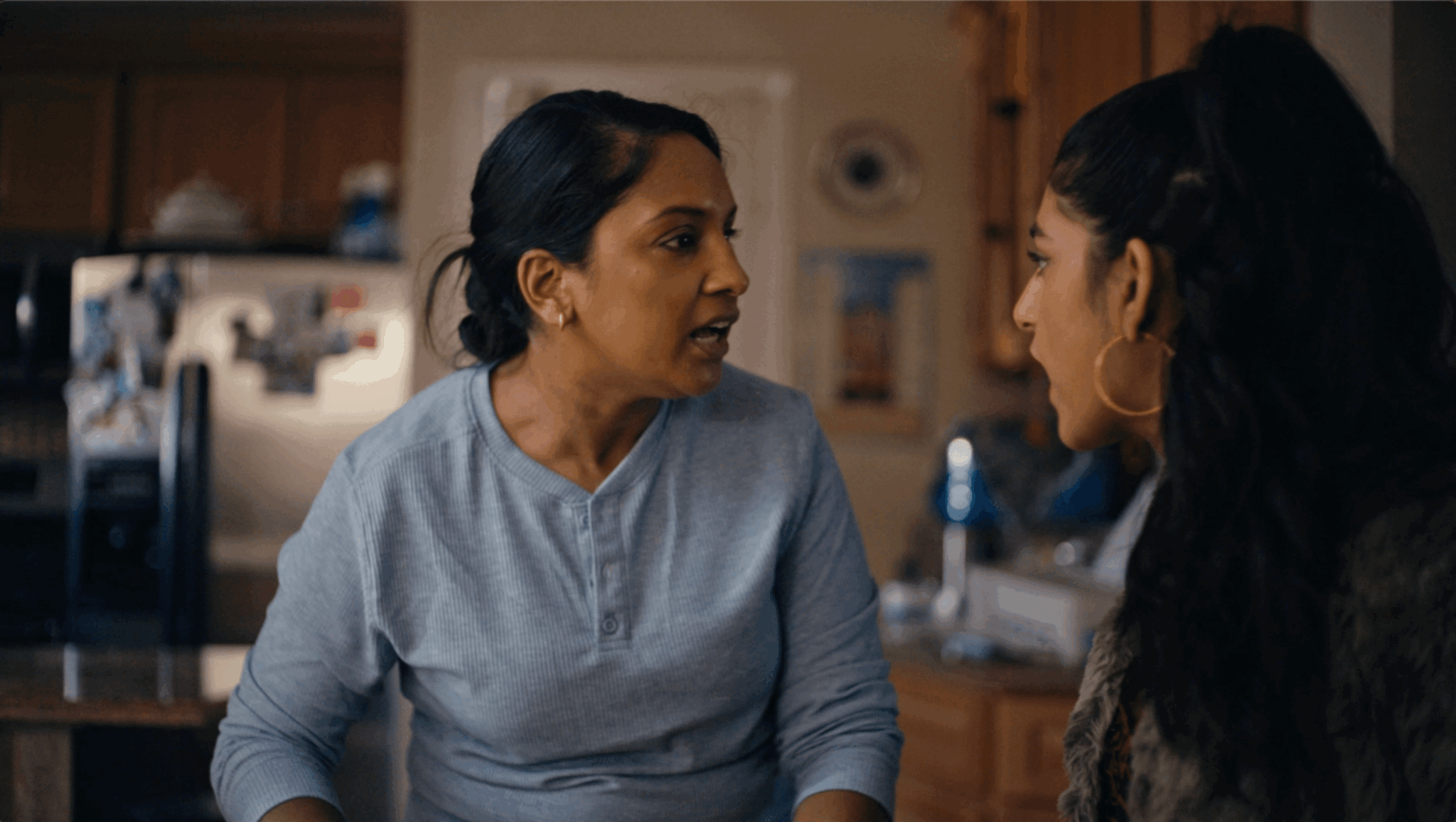
Image Credits
Hanjie Chow (behind the scenes images)
Renee Nabinger (stills from Black Cake short film)
Film directed by Megan Channell and produced by Isabella Jane Schiller


